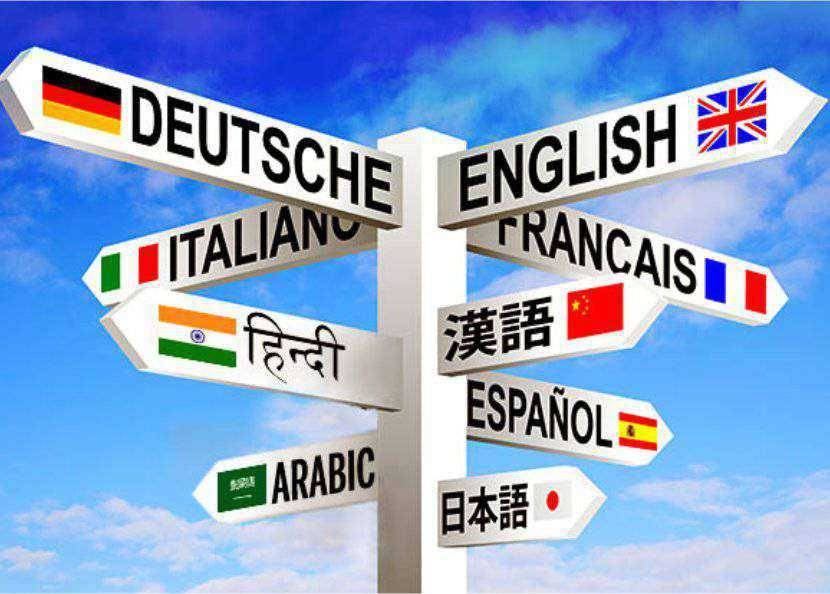No ticket is more revered in international travel than competency in local languages. Speak Spanish or Hindi or French? You’ll trade jokes with border officials in Tijuana or easily pick your way through Varanasi, India’s holiest and most chaotic of cities. You’ll exchange numbers with the attractive barista at that café in Saint Germain, Paris. Language competency is the cool breeze that blows on the heat of international travel. Google confirms it. Over six million hits are returned when I search for “language and travel.” Language competency is a travel “boon,” an “asset,” “a panacea,” a “safety net,” a “roadmap,” and a “diplomatic passport” to the safest, easiest, and most authentic kind of travel. Of course, there also exists an industry of language programs and classes designed to pave the way to this linguistic Shangri-La.
I make a point of using none of them.
I am comfortable traveling in a language vacuum. I have toured the Middle East, Asia, Mexico, Europe, and Africa with no more than a local “hello,” “thank you,” and “goodbye” in my pocket. Certainly, there were times when a better command of the vernacular would’ve been helpful, interesting, or efficient. But my travel companions and I have also had memorable experiences because we lacked language competency.

Like the time in Iran, when a local farmer dropped to all fours and repeatedly bit Dad in the leg to demonstrate the danger posed by wolves in the ravine where we had naively set up camp. Had we been competent Farsi speakers, no need for this impromptu, comic, and memorable encounter would have emerged. On South Africa’s Wild Coast, I once spent a night cradled in the murmurings of villagers who were chatting in Xhosa as I lay on my grass mat and drifted to sleep, understanding nothing of the conversation bubbling around me. Such moments recall the bliss of early childhood, swaddled by soft words, a fairy tale, or a song whose lyrics we do not understand, but that we experience all the more viscerally and acutely as a result.
Language ignorance also suits my introverted nature. At home in the USA, among fellow English speakers, I rarely feel relaxed and free of the obligation to listen and talk, to communicate, to verbally reciprocate—that prized Anglo-American social contract. Introverts don’t do well with this burden. Language ignorance lifts this weight, allowing us to lounge quietly and contently, while our travel companions who are more extroverted and linguistically competent do the heavy lifting.
I also notice things more keenly when I step into a language vacuum. The brightness in people’s eyes, or their distant suffering, or the detailed maps etched into their hands. Visual drama. Tones and textures. Apart from verbal language, people offer expressions, gestures, and sounds. Communicating exclusively with these is today something of a lost art, reserved for mime artists, burlesque dancers, and Mr. Bean. They remind us that Wittgenstein was a touch harsh when he wrote, “the limits of my language mean the limits of my world.”

I do not mean to disparage language competency. It has great utility. I myself speak three languages—English, German, and Afrikaans. They are extraordinarily useful when I am in the countries where people speak them. But they also make things feel overly familiar, intimate, and comprehensible. That’s not what I want in travel. I want to be jolted out of the known and flung into the vast and diverse universe with which I have no affinity or knowledge. I want to feel uncomfortable, disoriented, lost. Isn’t that what travel is ultimately about? Pushing us to the edge of what is familiar and experientially tolerable? By all means, learn Spanish, French, Hindi. If you are extroverted and like to be in control, language proficiency may allow you to enjoy your travels a lot more. Nor do you have to be fluent in a native language. A few well-placed phrases in the local dialect may serve you sufficiently.
On the other hand, don’t let a language barrier keep you from travel itself. It’s less of a barrier than you think. When the pandemic has passed, and I can travel again, language proficiency will be the least of my concerns. Don’t let it hold you back, either.


